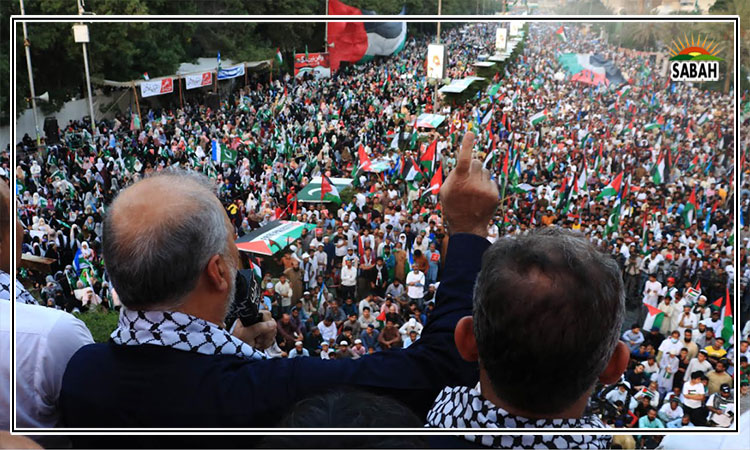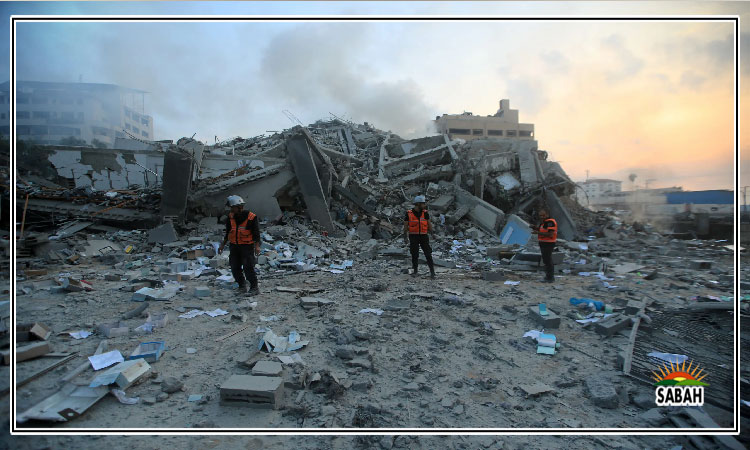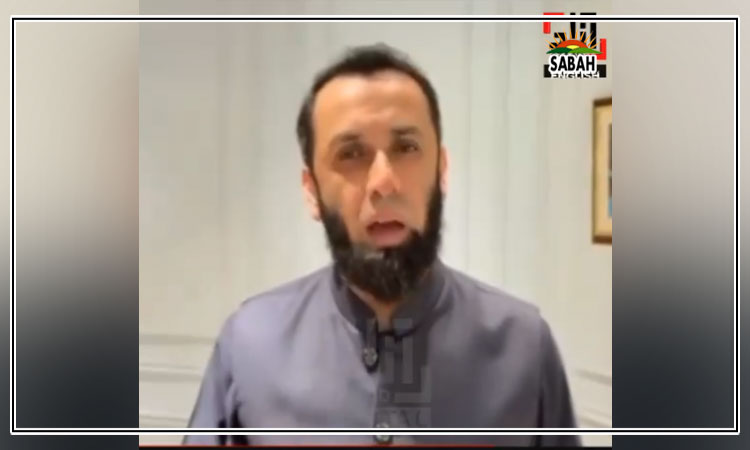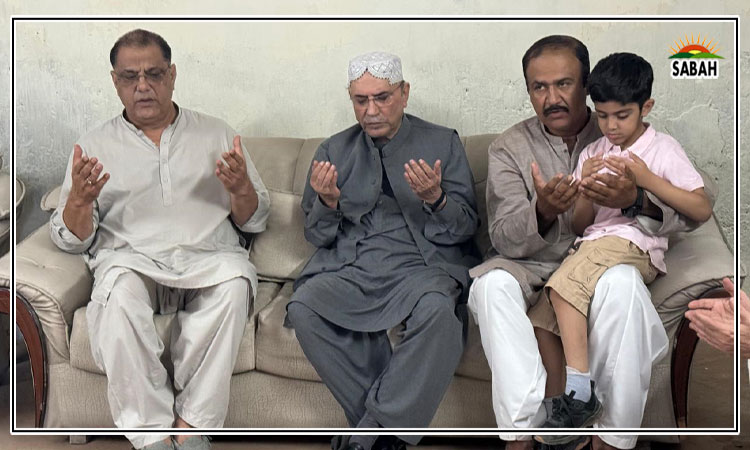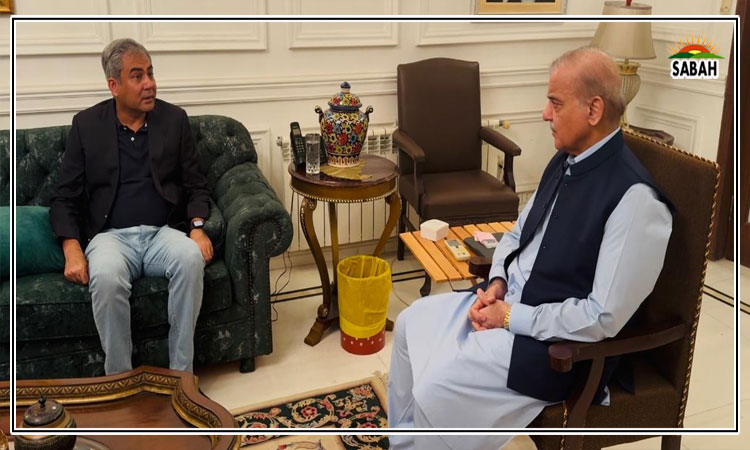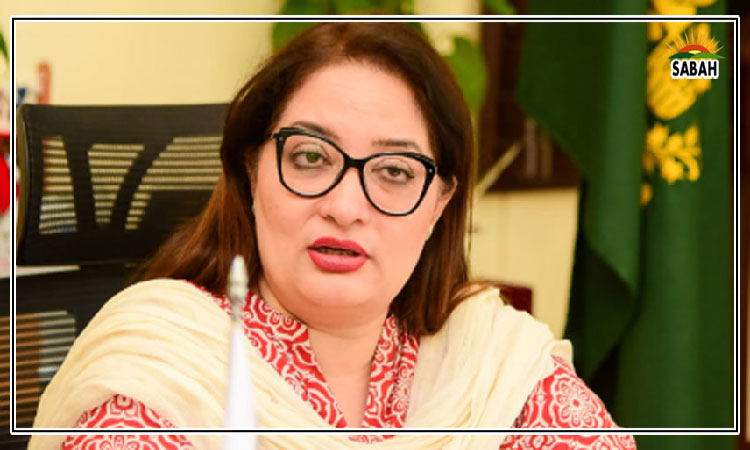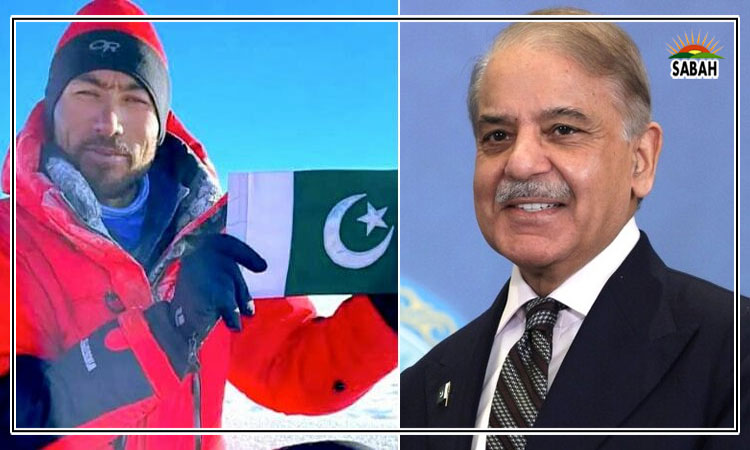Has the bell for democracy already tolled in Pakistan?…Dr Muhammad Ali Ehsan
History being the study of change overtime always has a shape and a direction. Since it is time for politics in Pakistan and since the general elections will be taking place next week, it is not bad to write on political history in the country and the shape and direction it has taken over the last seven or so decades. A society within the nation is a great indicator to analyse the political progress a nation state makes. True measure of any given society is the values it upholds: how it treats the weak, vulnerable and the poor; how it treats not only its outstanding citizens, the distinguished citizens but also its criminals. So, history plays an important role in shaping the present; and all the political movements and the civil rights and civil liberties movements that took place in the West shaped their history and shaped them to become who they are today more united to think about humanity and humankind and people that consider themselves as not the citizens of a particular state but as global citizens. While we remain illiberal in our political conduct, they rolled back their illiberalism so much that if the Athenians would be alive today almost all of them would regret putting Socrates to death. We have not learnt our lessons and our history seems to be still punishment bound.
The most intriguing and exciting thing about history is its great potential to define future. If we are smart enough to examine the historical patterns and learn from the wrong choices we made in the past, we can still change the direction and shape of our history. What was wrong in the care, cultivation and breeding of politics in Pakistan? the so-called Shakespearian political husbandry neither a borrower nor a lender be for loan often loses itself and friend and borrowing dulls the edge of husbandry. Civilian governments in Pakistan have not been rising on shoulders of public power but borrowed power from the military to rule for their selected periods. Military has most graciously been lending that power to the politicians but this quote from Hamlet very brazenly summarises how the lending of power by the military has always resulted not only in the untimely end of civilian rule but also the civil-military friendship that necessitated this lending. Historically, it is the borrowed power by the civilian governments that has dulled political husbandry in Pakistan and so the political landscape in the country has been a breeding ground where politics of political opportunists flourished and not a landscape of growth and cultivation of civil liberty movements, human rights movements and the general growth of rule of law and political order. Over the years, politics had all the reasons to decay and very little reasons to bloom.
The other problem with Pakistan has been its focus on one leader and one-dimensional leadership. Nations are held together not by one but by many leaders. These many national leaders stitch the nation together and create the conditions and circumstances for that one leader at the top to have a firm hold on power. Specially a country like Pakistan which is composed of many federating units it is absolutely essential that centripetal political force draws the regions towards the centre. That political force cannot be created by borrowing power, by extortion or forceful takeover of the government but by coming to power through the process of fair and free elections in which people are allowed to exercise their will. Any government that doesnt come to power other than this given arrangement only breeds incoherence and pushes the regional leaders to head-off in different directions. This lesson was taught hundreds of years ago at the home of democracy to the Athenians by Thucydides when he said, The strong do what they wish, the weak suffer what they must.
All the rulers that have ruled Pakistan consider themselves as absolutely innocent and instinctively incorruptible and call all accusations of corruption against them as fabrications and a political witch-hunt conducted against them by their political opponents. Citizens feel connected to their nation through their leaders; and dealing lightly, unfairly and unjustly with the accountability of political leaders harms national cohesion. Be it the judicial murder of Zulfikar Ali Bhutto, assassination of Benazir Bhutto, the life time suspension of Nawaz Sharif by a Supreme Court acting as a trial court or the present political witch-hunt of Imran Khan under an interim government whose only job is to conduct elections, it only breeds political insecurity and divides the nation.
Evgeny Zamyatin was a Russian scholar who published his great work We in 1924. Most fascist regimes of the 1930s and the 1940s ended up building life in their totalitarian states on the political philosophy that the author highlighted in his work at that time the collective wholes well-being outweighing the interests of the individuals. His work was published in the US as well but the US took the opposite course and encouraged and promoted individuality rather than exercising strict control over the lives of the people. Politics is Pakistan is drifting towards weeing and that is outdated and no more good for Pakistan.
Politics in Pakistan needs to liberate itself and not be narcotised by the glow and glitter of power which is acquired by illiberal means and which would always be on borrowed time. Politics must continue to stand up and protect political individuality, and political leaders must fight for the political ideologies they stand for and not become lame ducks who are ready to cede political space on the very first smell of the scent of borrowed power that they may have to rule and govern the country. Politicians with the ability to say I with conviction are not the politicians that question authority but are the politicians that act as shields against the termination of political individuality. Pakistans future is not in being a totalitarian state a state that asserts a total and absolute control over the lives of its citizens that was done by Nazis Germany, that was done by Hitler. Political freedom is achieved when people can do what they wish with responsibility and not do what they have been conditioned to wish by any authority that takes it upon itself the agenda of societal conditioning. Such societal conditioning was permitted by the people of Pakistan; and a military dictator by the name of Zia-ul-Haq conditioned Pakistan as he deemed feasible. An absolute blunder allowed by the very politicians of Pakistan.
Pakistan is just a week away from elections and already the electoral process is carrying a heavy load of many political irregularities and it seems that the bell for democracy has already tolled in Pakistan. Still, if elections on the actual day of conduct are held fair and free, we might still have a government elected by the popular will of the people and some hope of saving democracy in this country.
Courtesy The Express Tribune



